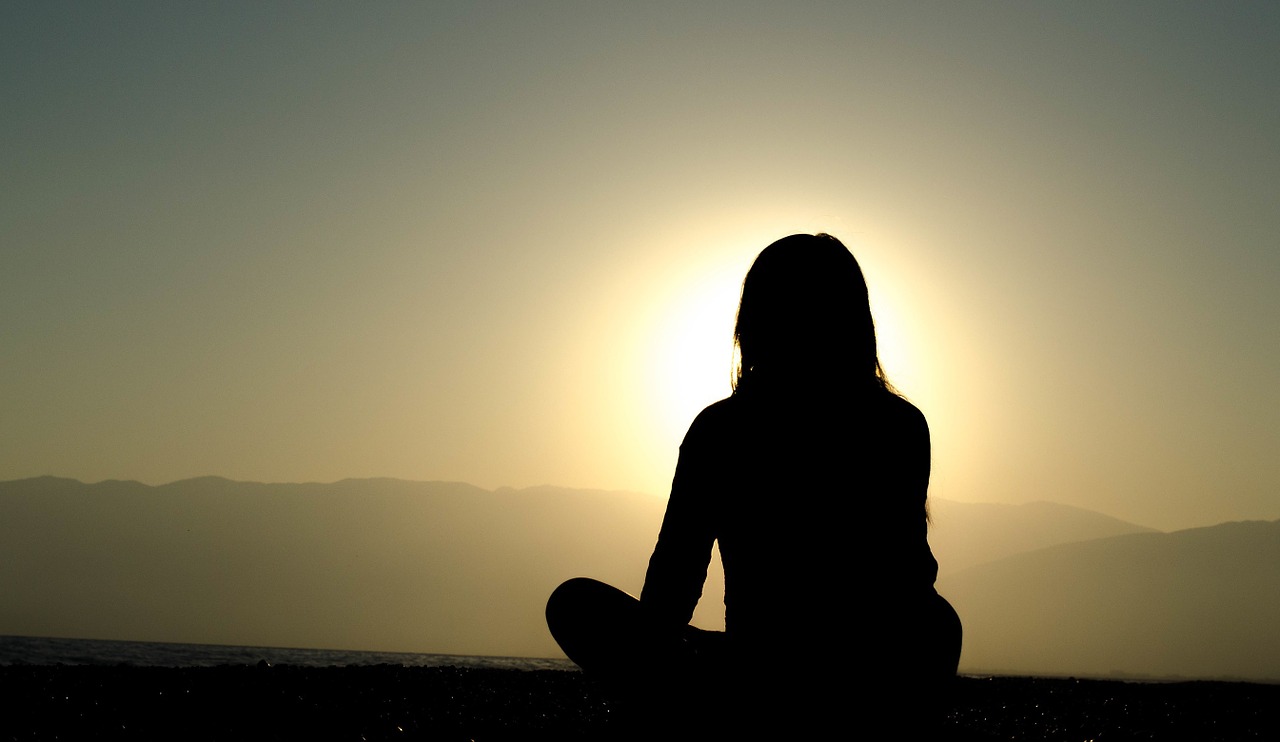From the beginning of time, humans have been driven by their need to procreate in order to preserve survival. We are neurologically and biologically wired to be attached to each other and to be in relationship. Why is falling in love so intoxicating? And, why are break ups, divorce, and the death of a loved one some of the most painful and heartbreaking experiences of the human condition?
Both science and neuroscience are quite illuminating when it comes to more deeply understanding why the process of being in relationship is so profoundly beautiful and simultaneously devastating. When we fall in love, our brains are working overtime and pumping our bodies full of the chemical oxytocin. Oxytocin is a hormone and neurotransmitter released whenever we engage in any type of social bonding. It is especially prevalent when we hug, kiss, or physically connect with someone. Oxytocin is responsible for the incredible high we feel when we are in the honeymoon phase of a relationship or when we experience an undeniable attraction to someone.
When we’re in relationship over time, our bonding and attachment to our partner naturally increases. It then makes sense that when our relationship is threatened, we feel physical pain. In fact, the pain of a break up or a threat to the safety and security of our bond can be so intense, that our brain and body tells us to avoid it at all cost. The reality of being without the bond and completely alone can feel like death. This is part of the reason why it can be challenging to break up or separate even when the relationship is unhealthy.
When we are constantly seeking our next high in search of the rush of oxytocin, connection, and safety, it can be hard to remember that we have the capacity to deeply connect to ourselves. When we are in relationship, we typically rely on our partners to fill the spacious void of loneliness or emptiness that is a natural part of the human condition.
In Buddhism, it is believed that our capacity to love and feel full is inextricably intertwined with our pain and sadness. When we are soft, vulnerable, raw, and open, as we often are in romantic relationship with others, we are often connected to the fragility and vulnerability of our humanness. As sensitive and vulnerable creatures, we naturally want to feel comforted, safe, and loved. We often forget that we have the capacity to nurture ourselves in exactly the way we need. We have been conditioned to believe that we need something outside of ourselves to feel fulfilled. This could not be farther from the truth. When we nurture our ability to be connected to ourselves, we are able to connect more deeply with our romantic partners.
In relationship, it is incredibly easy to lose your sense of self. We can become trapped in cycles of trying to appease our partners. We might decide that it’s not safe to communicate our true needs for fear of being abandoned. The practice of healthy relationship starts with cultivating a healthy relationship with your self.
When the all-encompassing fear of loneliness arises, how do we begin to take care of ourselves?
1. Stop, feel your feet, and take a few long, slow, deep, belly breaths. You may even put your hand on your heart and really feel your feet and the earth supporting you.
2. Orient to your environment by letting your eyes settle in different places around the room to assure that you are safe and not in immediate danger.
3. Cultivate self-connection, by developing an ongoing self-care practice. Whether taking a bubble bath, exercising, being outside, reading, meditating, creating art or music, or watching a movie, choose self-nourishing activities that are relaxing and pleasurable. Create your list of self-care practices. The next time you feel your fear arise, try a practice from your list and see how this changes your experience.
The brain and body can’t distinguish between emotional fears or threats, and physical ones. Learning how to calm the nervous system through bringing awareness to the body and breath can help to discharge the insurmountable anxiety of being alone so that you can think and act from a clearer space.
When we are attached to ourselves, we are able to set clear and healthy boundaries, honor our truths and values, have deep self-love and respect, and know how to best nourish and care for ourselves. Regardless of your relationship status, cultivating a strong sense of self-connection will transform every relationship you have.
Original posting: https://loveevolveandthrive.com/how-to-overcome-the-fear-of-being-alone/


